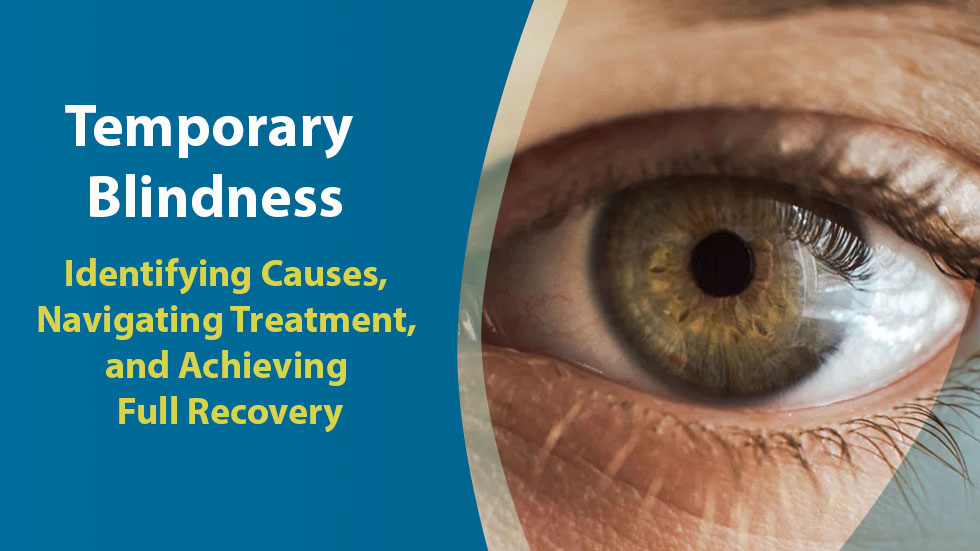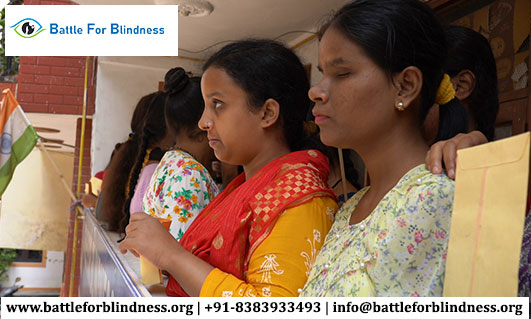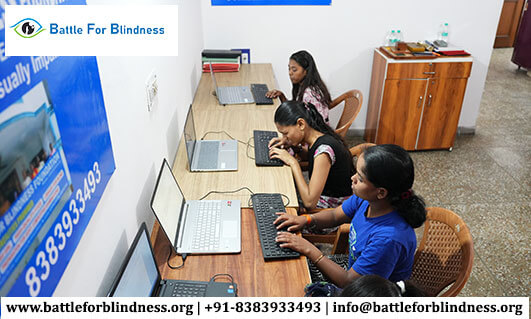
Temporary blindness, though often alarming, is a condition that can have a wide range of causes, from minor issues to more serious underlying health concerns. Understanding the reasons behind this sudden loss of vision, the available treatment options, and the potential for recovery is crucial for those who experience it and for those caring for them.
Causes of Temporary Blindness
Temporary blindness can be caused by various factors, ranging from external influences to internal health conditions. Some common causes include:
Migraine with Aura: One of the most frequent causes of temporary vision loss is migraine, specifically those accompanied by an aura. This aura can manifest as flashing lights, blind spots, or complete vision loss in one or both eyes, usually lasting from a few minutes to an hour.
Retinal Detachment: A more serious condition, retinal detachment occurs when the retina pulls away from the back of the eye. This can lead to sudden blindness, often accompanied by symptoms like floaters or flashes of light. Immediate medical attention is required to prevent permanent damage.
Ocular Migraines: Similar to migraines with aura, ocular migraines can cause temporary vision loss, typically in one eye. These episodes can last from a few minutes to about an hour and are usually not associated with headache pain.
Amaurosis Fugax: This condition involves brief episodes of vision loss, usually in one eye, caused by a temporary lack of blood flow to the retina. It is often a warning sign of more serious vascular conditions like stroke.
Glaucoma: In some cases, acute angle-closure glaucoma can lead to sudden blindness due to a rapid increase in intraocular pressure. This condition is a medical emergency and requires immediate treatment.
Medications and Toxins: Certain medications and exposure to toxins can lead to temporary blindness. These include some blood pressure medications, antidepressants, and exposure to harmful chemicals.
Trauma: Physical injury to the eye or head can also cause temporary blindness. This might occur due to swelling, bleeding, or damage to the optic nerve.
Treatment Options
The treatment for temporary blindness depends largely on the underlying cause. Here are some common approaches:
Medical Intervention: For conditions like retinal detachment or acute glaucoma, immediate medical or surgical intervention is essential. Quick response can mean the difference between temporary and permanent vision loss.
Medication: In cases of migraine or ocular migraines, specific medications can be prescribed to manage symptoms and reduce the frequency of episodes. For conditions like amaurosis fugax, blood thinners or other cardiovascular medications may be necessary to improve blood flow.
Lifestyle Changes: For those experiencing temporary blindness due to migraines or ocular issues, lifestyle modifications such as stress management, dietary changes, and regular exercise can help reduce the frequency of episodes.
Protective Measures: In cases where temporary blindness is caused by exposure to toxins or medications, avoiding the triggering substances and using protective gear can prevent future occurrences.
Vision Rehabilitation: For individuals who experience significant vision loss, even temporarily, working with vision rehabilitation specialists can help them adapt and regain independence during recovery.
Pathways to Recovery
Recovery from temporary blindness depends on the underlying cause and the speed of treatment. While some individuals may recover fully within minutes or hours, others might take days or weeks. Key factors influencing recovery include:
Prompt Diagnosis and Treatment: The faster the cause of temporary blindness is identified and treated, the better the chances of full recovery. Conditions like retinal detachment or glaucoma require immediate attention to prevent permanent damage.
Ongoing Monitoring: Regular follow-up with healthcare providers is crucial, especially for conditions that may recur or indicate a more serious underlying issue. Monitoring can help prevent future episodes and manage any associated health risks.
Support Systems: Having a strong support system, including family, friends, and healthcare professionals, can significantly aid in the recovery process. Emotional and psychological support is just as important as physical treatment.
Education and Awareness: Understanding the condition, its causes, and how to manage it can empower individuals to take control of their health and reduce the risk of recurrence.
Conclusion
Temporary blindness can be a frightening experience, but with proper understanding, timely treatment, and effective recovery strategies, many individuals can regain their vision and return to their normal lives. Awareness of the potential causes and available treatment options is the first step towards ensuring that temporary blindness remains just that—temporary.





